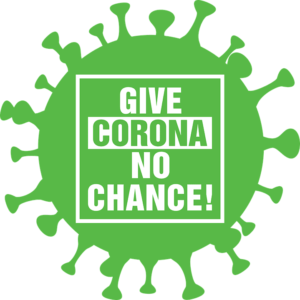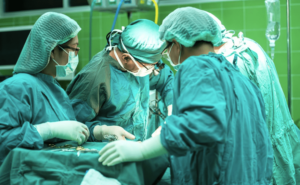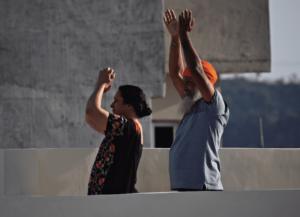Welcome to the Age Gracefully Show with Dr. Michael Grossman, a renowned specialist in anti-aging, stem cell, and regenerative medicine. He is also a bestselling author and the founder of OC Wellness Clinic in Irvine, California. In this episode, Dr. Grossman delves into the strategies to conquer fatigue and embrace a more energized life.
Dr. Michael Grossman (Host): Hi, I’m Dr. Michael Grossman. I’m an anti-aging physician, and we’re going to talk today about conquering fatigue. So as an anti-aging physician-medical doctor, I work very much in the arena of getting people to feel more energetic, enthusiastic, creative, and youthful to be able to enjoy life and to be active in doing whatever it is that you love, whether it’s exercise, whether it’s working, whether it is being with your family and a foundational part of feeling youthful is having a lot of energy.
Understanding Different Kinds of Fatigue:
Dr. Michael Grossman: So when we look at fatigue, there’s a variety of things we have to think about. So I’m going to have you think out with me what’s going on with fatigue. And for those of you who have fatigue or knows someone and your family who has fatigue, let’s think out the issues of fatigue and you get a big picture of it, and then you can see what directions when we’ll need to go in to resolve that problem.
Mitochondrial Fatigue:
Dr. Michael Grossman: Mitochondria. Mitochondrial fatigue is fatigue that occurs because the energy packets within every muscle and within every cell are called mitochondria, and they are a little like a furnace that burns up your food, creates heat during the burning process, and then it is transferred into energy. There are many things that cause Mitochondrial injury. Every time you get a flu bug, you can get aches and pains and you’re tired, and you just have a few days of feeling terrible. Not because you’ve done anything, but because that process of getting that infection injures the Mitochondria. Mitochondria are like little cells in the body that are different than the cells that are in the nucleus.
Adrenal Gland Fatigue:
Dr. Michael Grossman: Then we have fatigues that could relate to the adrenal glands. The adrenal glands, our glands that sit on top of the kidneys and they produce adrenaline and DHEA and other hormones that give you energy. When you’re under stress, you get a release of these hormones and you deal with the stress. So if your fatigue is related to times of the day, it’s a good chance it’s adrenal fatigue. The body deals with stress from adrenal glands for a while, and then when it stays high after a long period of time – months – it just sort of poops out, and we have a variety of ways of approaching this.
Blood Sugar and Food Allergies:
Dr. Michael Grossman: Now, if your energy levels vary during the day related to meals, eating or not eating, that’s the fatigue that relates to blood sugar. If you have low blood sugar, you’ll find that you skip a meal and you’re really, really tired. You need something sweet and feel good for a while. Then you get tired again, and you constantly have to eat during the day or you’ll get tired. That’s a different kind of fatigue. That is a fatigue that relates to how much sugary things you’re eating with enough protein. It relates to the adrenal fatigue because when the adrenal glands are pooped out, you tend to get more low blood sugar fatigue. If you’re feeling tired all the time and it is constant, then you’re dealing with different kinds of things, it doesn’t seem to vary during the day and weekends, evenings; it’s just you’re tired all the time. Then we have to think about things like low iron, which is easy to test for in the blood; low B12, again easy to test for in your blood.
Chronic Fatigue and Treatment:
Dr. Michael Grossman: The one that’s the hardest to treat is the one that’s the chronic fatigue. That is, the complexity because we don’t have specific things that can reverse that process in an easy, quick way. But with chronic fatigue, we usually have to look at your overall health and physiology, and we deal a lot with what goes on in the gastrointestinal tract.
Closing Thoughts:
Dr. Michael Grossman: So that’s my job as an anti-aging doctor to make you feel youthful. Sometimes we have to get bioidentical hormones, which get your body feeling youthful again. Sometimes we have to do specific kinds of preparing physiology with different herbs and nutrients. Mainly, we’re going to do what we described here today is to find out what is the cause of fatigue, which category you fall into, and which is the best approach for you. So that’s the big picture of dealing with fatigue and conquering fatigue.
Be sure to visit us at ocwellness.com.




